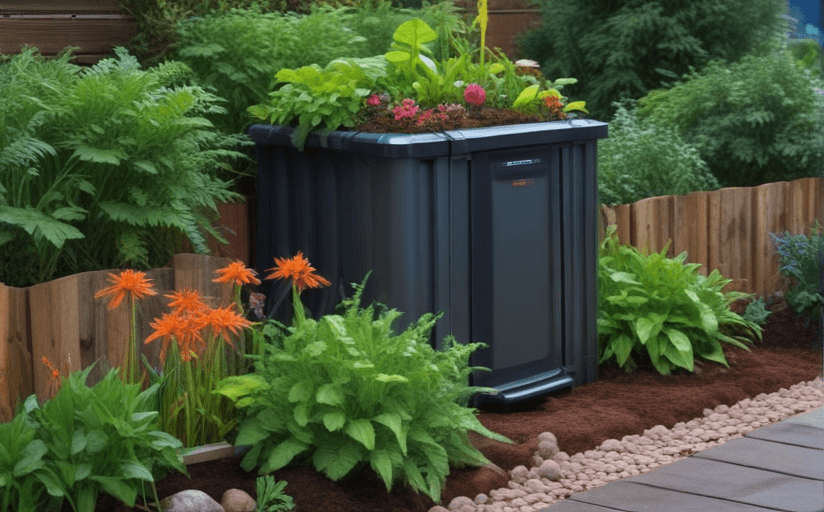Transforming Your Home Garden into a Sustainable Oasis
As the world continues to grapple with the reality of climate change, it becomes evident to many homeowners that small, personal contributions towards a sustainable environment can make a difference. One such way is by transforming their home gardens into sustainable oases.
This conversion goes beyond just planting a few trees or herbs. It involves creating a mini-ecosystem that conserves resources, promotes biodiversity, and creates a safe retreat for local wildlife. This article aims to provide practical tips, useful techniques, and insightful recommendations on how to go about this process.
Permaculture
Permaculture is an approach to landscaping that utilizes patterns observed in natural ecosystems to create sustainable and self-sufficient gardens. Implementation of this method means a well-thought-out placement of each plant, tree, or shrub, using combinations that promote each other's health and minimize pests.
Composting
Instead of adding chemical fertilizers, a sustainable garden needs rich, organic compost made from kitchen scraps, yard waste, and other biodegradable materials. This not only recycles waste but also enhances the soil's fertility and water-carrying capacity.
Water Conservation
Efficient water use is a crucial aspect of a sustainable garden. Techniques such as rainwater harvesting, drip irrigation system, and mulching can significantly reduce the amount of water required for plants to grow.
Use of Native Plants
Native plants are adapted to local climate and soil conditions, making them naturally more resistant to pests, disease, and weather extremes. Additionally, they provide the most favorable habitat for local wildlife, promoting biodiversity.
In conclusion, transforming your garden into a sustainable oasis is a holistic approach that brings together multiple concepts. We can contribute to the survival of our planet in our own small way, starting from our backyard. So, grab your gardening tools and start creating an aesthetic, life-filled space that respects the principles of sustainability and ecology.



















Comments
Leave a Comment